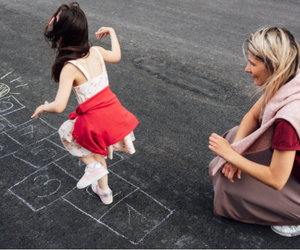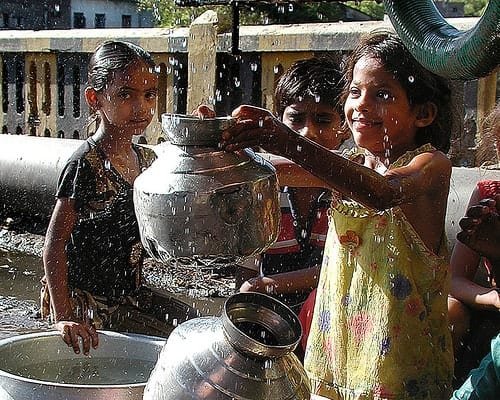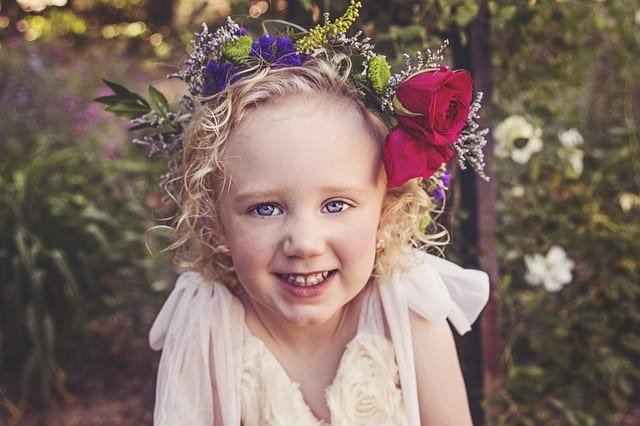 Children enjoy rough play—pull each other, push each other down, run, chase, wrestle, swing around, and fall to the ground, often on top of each other. At times, it may come close to resemble actual fighting. However, it’s all just a part of growing up.
Children enjoy rough play—pull each other, push each other down, run, chase, wrestle, swing around, and fall to the ground, often on top of each other. At times, it may come close to resemble actual fighting. However, it’s all just a part of growing up.
Parents find it most challenging of children’s behaviours to handle, but rough play is actually a natural instinct. Soon you will agree.
Small kids enjoy physical play, all animal young ones do. It is the form they enjoy before knowing how to mind their manners and before they know the worldly ways. In spite of its bad reputation, trust us, rough play is a valuable and viable playstyle from infancy stage through the early primary years.
It is easy to spot kids who like to play rough. They need physical inputs, use their muscle, and crave action. Climbing walls, falling on other kids, or splashing water/sand on others is what they enjoy the most. Should parents be worried?
Parents and teachers often mistake rough play style for real fighting that can lead to injury, so they prohibit it. Most parents would want to control such behaviour and attempt to keep their kids calm and safe.
If the rough play is appropriate in terms of place and style, children will enjoy it—with their muscles relaxed and smiling faces. And as a parent, you know when to let them be and when to intervene.
Why rough play is important?
Some kids are more drawn to rough and tumble play than others, but all kids should have to freedom to engage in this type of play when they’re ready.
Rough play is adaptive, evolutionarily useful, and linked to normal brain development. These unstructured activities provide huge opportunities for growth and self-discovery, and shouldn’t be banned.
Here’s why: “Rough play is a common occurrence. If there is enjoyment with no major injuries, some rough play is actually good. But if it involves in the victory of one and the loss of another, it is to be condemned as a habit of win-lose situation being recreated day-in-day-out should be nipped in the bud.
Some children may be impulsive who could hit others even in the absence of provocation. Such children need help,” advises Dr S Yamuna, consultant paediatrician.
5 reasons why you should encourage rough play:
1. Kids learn healthy risk-taking
Remember that feeling of freedom when you let your body loose and push physical boundaries? Let kids do the unimaginable and feel accomplished when they climb a tree or jump high. Give them the freedom to try new things rather than constantly telling them about the hazards and forcing them to live in fear.
Let children assess danger and understand when to push limits and when to hold back. When kids engage in healthy risk-taking, they get a better understanding of their limits and capabilities.
2. Develop a physical bond
Physical contact is an important part of close relationships, provided it evokes positive feelings. If two children or siblings want to roll over one another or piggyback on each other, it’s a great bonding exercise. Yes, provided they can balance well and not hurt each other.
Let pillow fights, pulling hair, or ticking each other be part of the growing up process. After all, relationships are not just conversations, touch and playing in close contact should be encouraged. They play an important role in strengthening bonds between kids.
3. Learn emotional intelligence
It’s during rough play kids realise what fun is and what can hurt. They can judge other kids’ reactions, expressions—are they enjoying or getting hurt? Children learn to address the emotional needs of other kids, they learn when to stop and how to discover new means of adrenaline rush.
With increased emotional intelligence, children better relationships with others, can focus more on studies and other activities, and learn to regulate their emotions.
4. Exercise for mind and body
With rough play, one can reap physical benefits-build strength, exercise muscles, improve gross motor skills, increased flexibility, hand-eye coordination, and better body and emotion control.
5. It’s pure fun
 How many toys can you buy and how many times children can sit in one place and play? Rough play actually is easy fun. Children do have a lot of fun in the process. There’s something exciting about free play when they can hold, push, throw themselves, etc.
How many toys can you buy and how many times children can sit in one place and play? Rough play actually is easy fun. Children do have a lot of fun in the process. There’s something exciting about free play when they can hold, push, throw themselves, etc.
How about allowing them to play with water guns even out in the open even if Holi festival is not in the near future? There are plenty of ways to combine physical activities with fun!
Develop and implement policies
To make sure rough play remains fun and not a punishment for other children, parents should provide for and support rough play with minimising the potential for injury. Develop policies and rules for rough play, implement them, and supervise rough play so that you may intervene when appropriate.
Do you think kids today are more and more inclined to rough play? Do they benefit from it? Share your thoughts!
Image Credits: Steve Coutts, Philippe Put, Lars Plougmann
YOU MAY ALSO LIKE:
Colours: How To Teach Your Toddler To Identify Colours







